Jingyang Fu Cha (泾阳茯茶) is a unique type of Chinese dark tea (黑茶, hēi chá), renowned for its rich flavor and the presence of naturally occurring “golden flowers” (金花) — a beneficial probiotic fungus known as Eurotium cristatum.
This traditional fermented brick tea originates from Jingyang, Shaanxi Province, and has been consumed for centuries across northwest China, especially by nomadic groups such as Tibetans and Mongolians for its warming and digestive properties.
Fu Cha is typically compressed into brick or block form, allowing it to age and improve over time, just like fine pu-erh tea. The result is a mellow, earthy infusion with subtle notes of wood, dates, and dried fruit, making it an excellent daily tea or post-meal digestive.
🌟 Key Features:
-
✅ Authentic dark tea from Jingyang, the birthplace of Fu brick tea
-
✅ Rich in Eurotium cristatum (“golden flower fungus”) – natural probiotic
-
✅ Aged and fermented for enhanced smoothness and depth
-
✅ Traditionally compressed for long-term storage
-
✅ Aids digestion, gut health, and may reduce cholesterol
-
✅ Low in caffeine – suitable for late-day or evening drinking
☕ Tasting Notes:
-
Aroma: Earthy, woody, with hints of hay and dried jujube
-
Flavor: Smooth, mellow, slightly sweet with date and mushroom notes
-
Mouthfeel: Silky and grounding
-
Color: Deep amber or reddish-brown infusion
💡 Health Benefits:
-
Promotes gut microbiome balance
-
Aids digestion and metabolism
-
Natural postbiotic and probiotic content
-
Lowers internal dampness and cold, per traditional Chinese medicine
🔬 Did You Know?
Fu Cha’s golden flowers (金花) are not added — they naturally grow during fermentation in a humid, temperature-controlled environment. This makes Fu Cha one of the few naturally probiotic teas in the world.
🧭 Brewing Instructions:
-
-
Break off 5–7g of tea per session
-
Rinse once with hot water (optional)
-
Steep with boiling water (95–100°C / 203–212°F)
-
First infusion: 10–15 seconds; can be re-steeped 5–10 times
-
Q1: What are the golden flowers in Fu Cha?
A: The golden flowers are a probiotic fungus called Eurotium cristatum, which naturally develops during fermentation. It helps promote gut health and digestion.
Q2: How is Fu Cha different from Pu-erh?
A: While both are dark fermented teas, Fu Cha is compressed and fermented with golden flowers in Shaanxi, while Pu-erh comes from Yunnan. Fu Cha has a smoother, lighter taste and a natural probiotic profile.
Q3: Can I drink Fu Cha every day?
A: Yes! It’s low in caffeine, easy on the stomach, and great for regular consumption.
Q4: Is this tea aged?
A: Yes, our Fu Cha is aged to enhance flavor and increase golden flower content. Proper storage improves its taste over time.
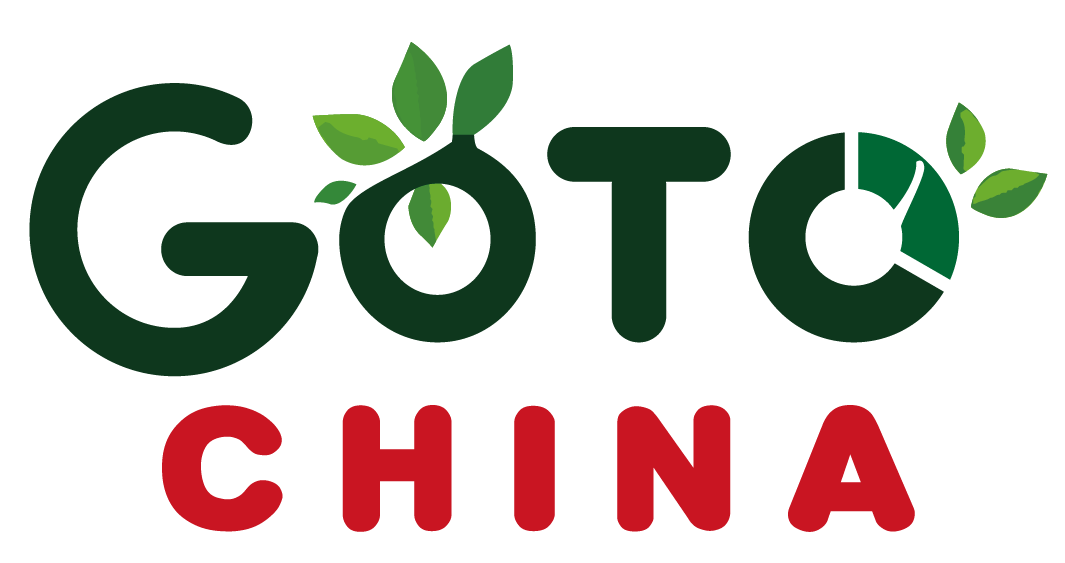
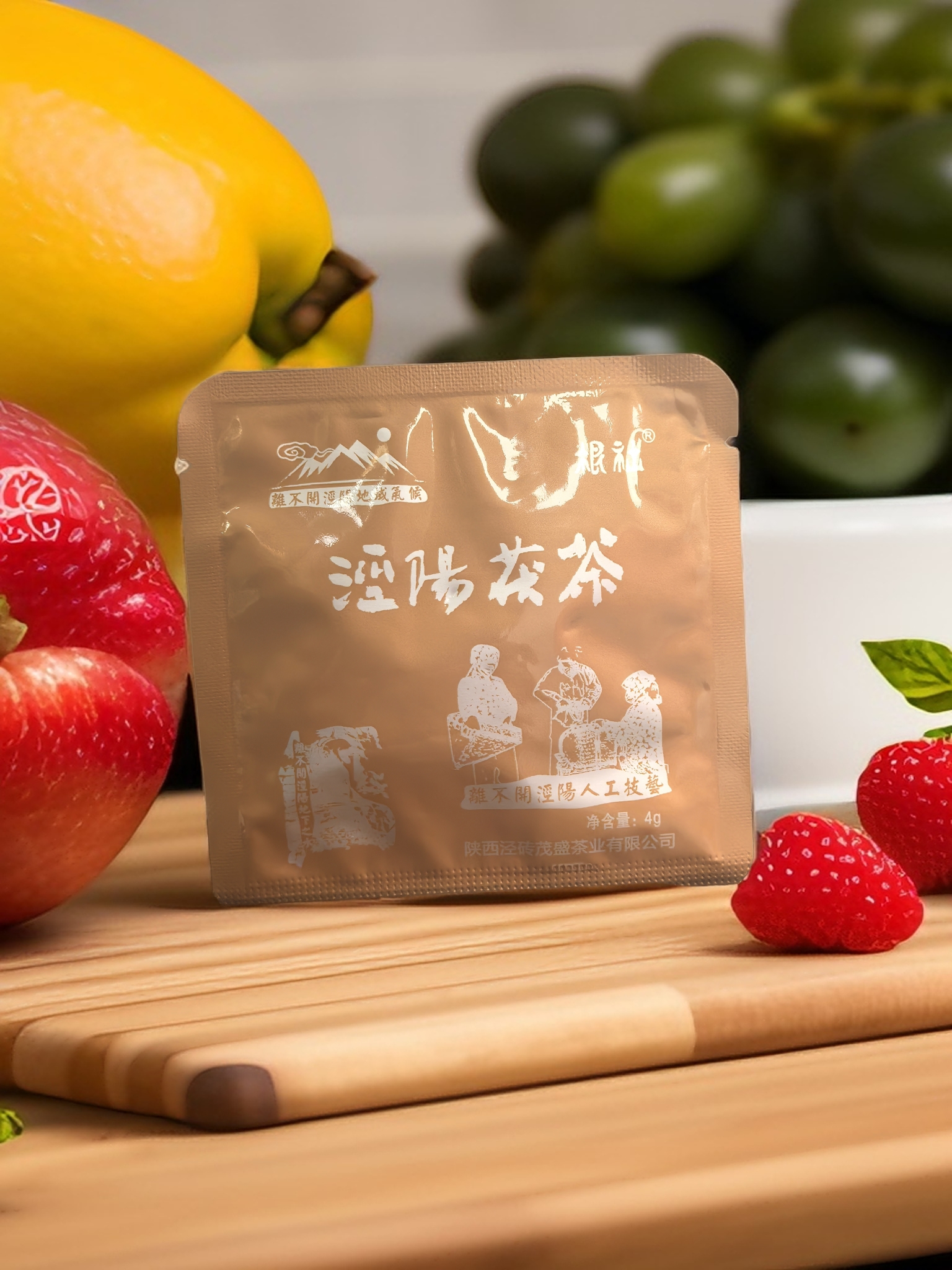
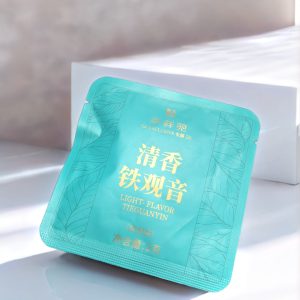
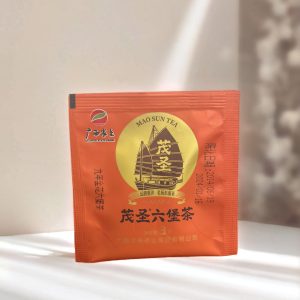
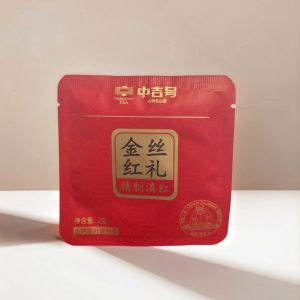
Reviews
There are no reviews yet.